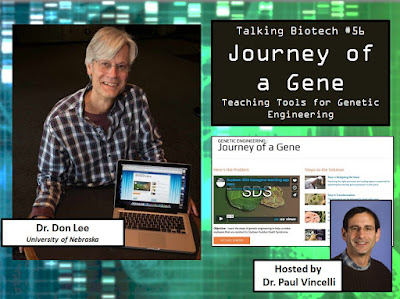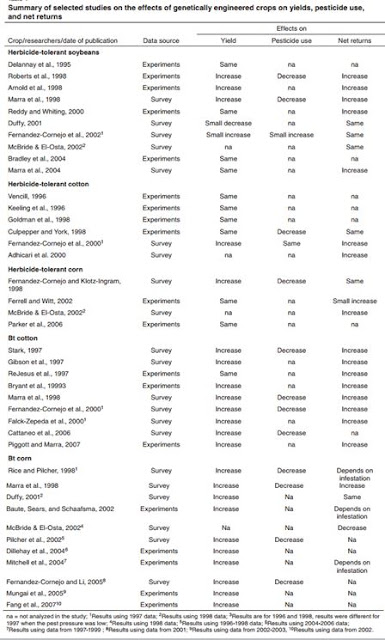Thanks Snopes- A Big Win for Science and Reason

I'm up on a Saturday enjoying a big cup of coffee and working on the podcast . I'm also standing by for the next round of requests for my emails from Vani Hari. What happened? Yesterday's blog was in response to an article on Snopes . The article on Snopes was in response to a flashy brochure that claimed to find herbicide residues, in parts per billion (seconds in decades) in familiar foods. The well-circulated activist rhetoric was intended to scare, and it worked . My inbox was flooded with inquiries from friends, relatives and dozens of strangers. When Snopes talks, people listen, and their analysis was a bit confusing, sort of lending credence to the claim, as well as stating that glyphosate herbicides were carcinogenic. This is on the cover of the report. It should be an immediate tip-off to the reader that this is highly suspect and intended to tell a manufactured story, not communicate scientific results. I reached out to...





